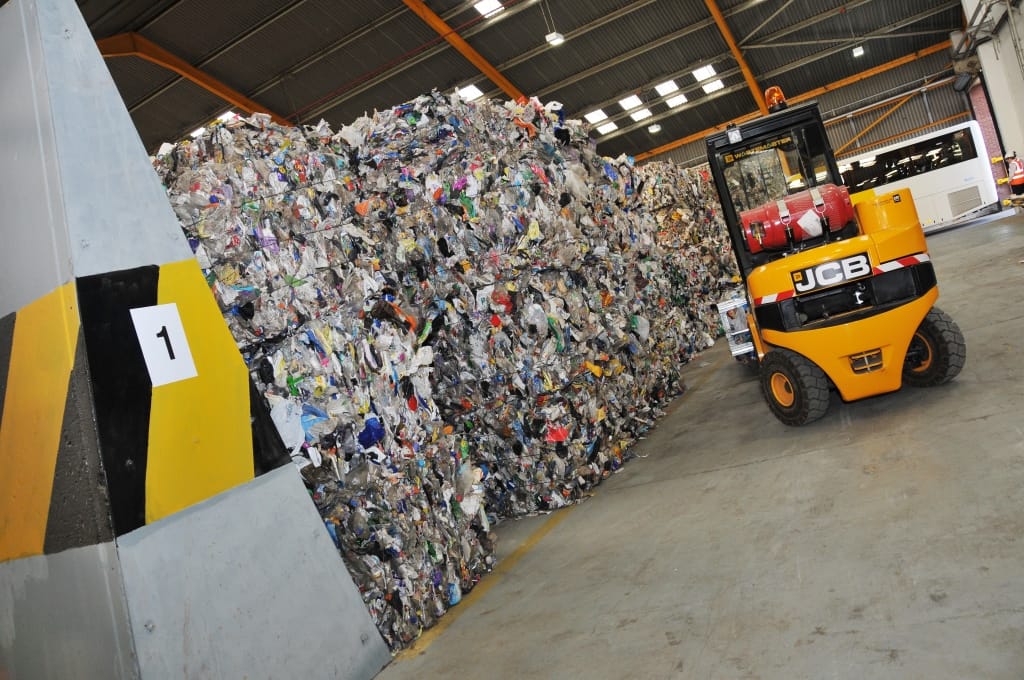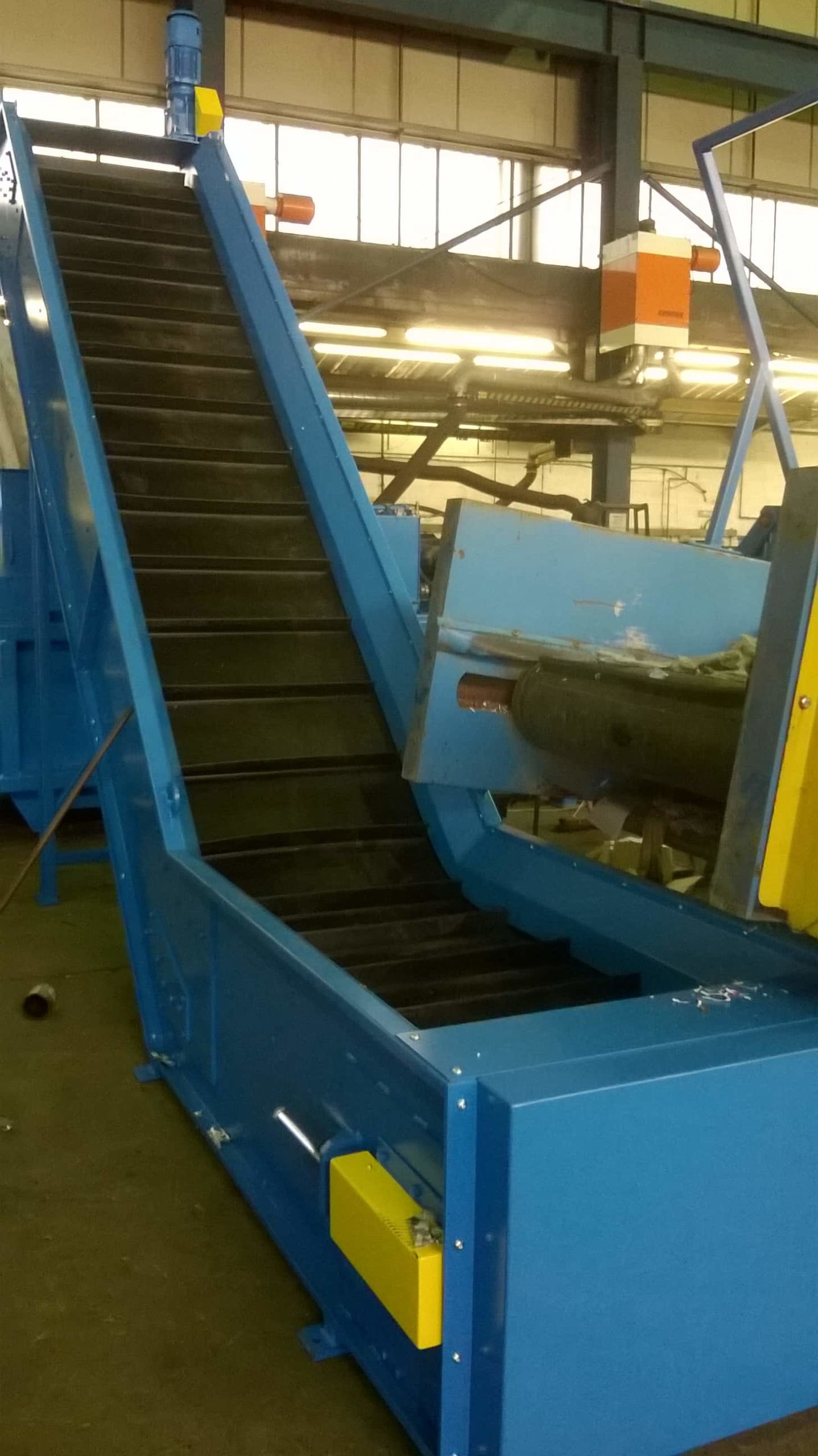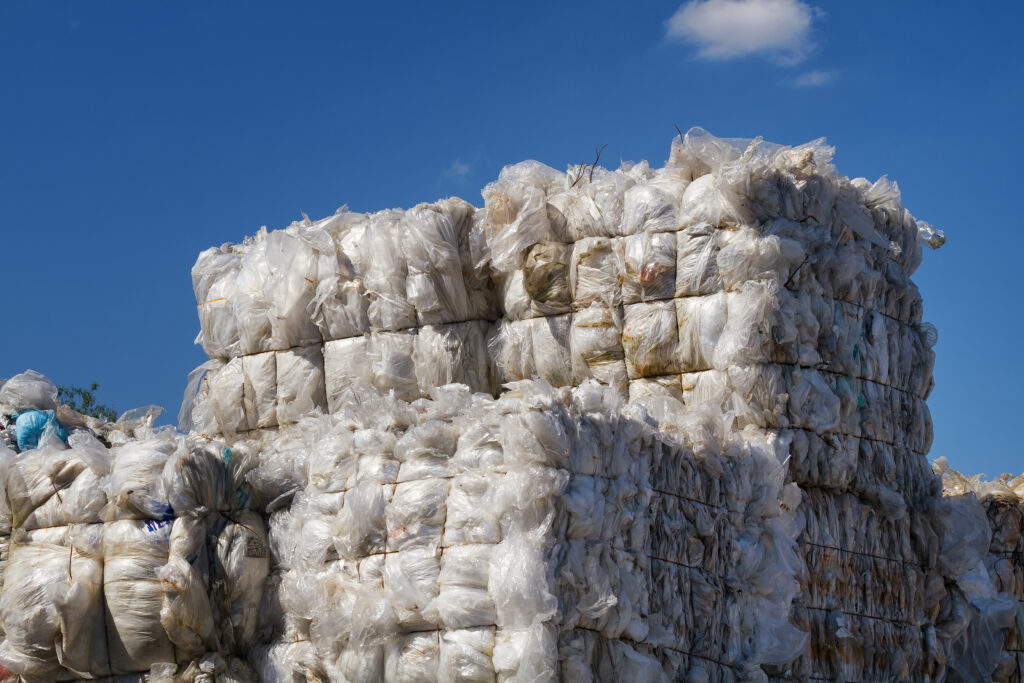Biffa operates three production lines at the Redcar facility, taking in a total of 38,000 tonnes per year for recycling, including HDPE and mixed plastic materials.

The HDPE line takes in around 800 tonnes of HDPE bottles per month, producing food grade rHDPE pellet and flake for use in producing new milk bottles.
Biffa is currently celebrating having processed its two billionth bottle on the site for use in making compound for new milk bottles, and the company has committed to a further round of investment to take the facility forward.
Supply
Chris Hanlon, commercial director at Biffa Polymers said: “Biffa Polymers forms a key component of Biffa’s integrated waste management and recycling portfolio. Being part of Biffa Group means we benefit from the wider business links as well as a strong, secure internal supply of milk bottles from our mixed recycling facilities (MRFs).
“In light of recent industry events and their likely short term effects on HDPE prices, we are keen to emphasise that we are currently in a strong position and experiencing some of the highest demand for HDPE we have ever seen.

“As we celebrate the milestone of two billion bottles processed in the last seven years, we are confident that the next two billion can be processed within half that time thanks to our ongoing efforts to improve processes and efficiencies.”
Conveyor
Work to upgrade the facility includes the installation of a new ‘swan neck’ conveyor system, designed and produced by equipment manufacturer Middleton Engineering – which is designed to feed material from a high-speed electronic sorting unit into a granulator. The new conveyor was required following modifications to the granulator.
Investment at the Biffa plant comes in stark contrast to the news coming out of the UK’s other major processor of HDPE milk bottles, Closed Loop Recycling in Dagenham, with owners of the facility suggesting this week that the plant is on the verge of closure, with losses totalling around £300,000 per month.
Problems at Closed Loop are understood to have become acute as the company has failed to convince bottle blowers and the dairy industry to pay a premium rate for the supply of rHDPE material for use in the production of new milk bottles. And the company has also hit out at what it sees as a disparity between export and domestic PRNs.







Subscribe for free